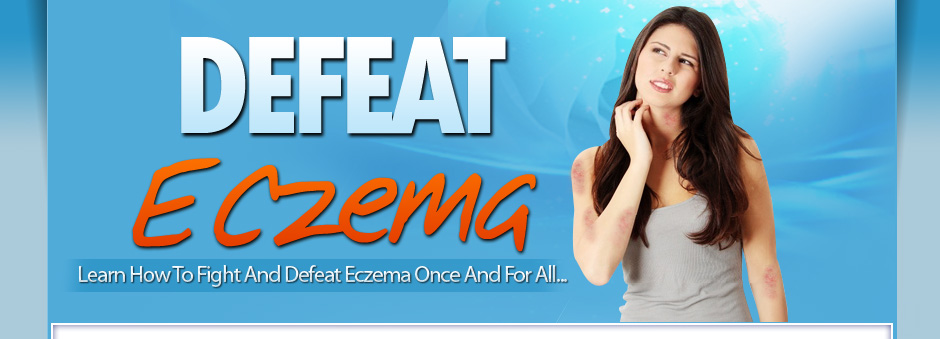Those who suffer from eczema also tend to suffer from
embarrassment. While you have nothing to
be embarrassed about, as you have a common skin condition, some can’t help the
feeling. If you are new to dealing with
eczema and worried about the reaction of others, please continue reading on for
a few helpful tips.
If you suffer from eczema, you may have a constant, unsightly
rash. Those who suffer from eczema also
tend to suffer from embarrassment. While
you have nothing to be embarrassed about, as you have a common skin condition,
some can’t help the feeling. If you are
new to dealing with eczema and worried about the reaction of others, please
continue reading on for a few helpful tips.
Dealing with Eczema Embarrassment
Tip #1 – Know You Are Not
Alone
Although it may seem like you are the only person in the
world with eczema, you are not. In fact,
someone you know may suffer from the same condition. It can occur on all areas of the body, but
some are easily covered with clothing.
Never assume you are alone when dealing with atopic dermatitis, as you
aren’t. In fact, you may be able to find
local and online support groups where you can meet others.
Dealing with Eczema Embarrassment
Tip #2 – Don’t Hide
As previously stated, some individuals have eczema outbreaks
on hidden body parts, including the upper thighs. You, on the other hand, may have bright red
patches on your elbows. Does this mean
you should stay inside during the summer or wear long sleeved shirts? No.
Hiding will only make dealing with eczema harder. Those who enter into seclusion are more susceptible
to depression. Live your life.
Dealing with Eczema Embarrassment
Tip #3 – Talk About Your Condition
If you suffer from severe eczema, your rashes are easily
noticed. In fact, you may even have
scars from previous itching episodes. If
these are able to be seen, people will notice.
In fact, they may even whisper or stare.
Don’t hide from embarrassment, but use it as an opportunity to inform
others. Although you don’t owe anyone an
explication, you can simply say “I have eczema.
It is a common and non-contagious skin condition.”
Dealing with Eczema Embarrassment
Tip #4 – Focus on Seeking Relief
Eczema causes the uncontrollable urge to itch. By the time you are done, you can have an
open wound that is susceptible to infection.
Right now, worrying about what others think should be the least of your
worries. Instead, focus on ways to seek
relief. If you haven’t already, look at
home remedies. These include keeping the
skin moisturized and incorporating skin-healthy foods into your diet.
Since eczema can be painful and embarrassing, you want to
find a cure. New research has shown that
all-natural treatment systems, such as Eczema Free Forever, are
successful. You can learn more at EczemaFreeForever.com.

+ad4.jpg)
%2Bad3.jpg)
+ad1.jpg)
%2Bad5.jpg)
+ad2.jpg)
%2Bad1.jpg)
+ad2.jpg)
%2Bad4.jpg)
%2Bad2.jpg)